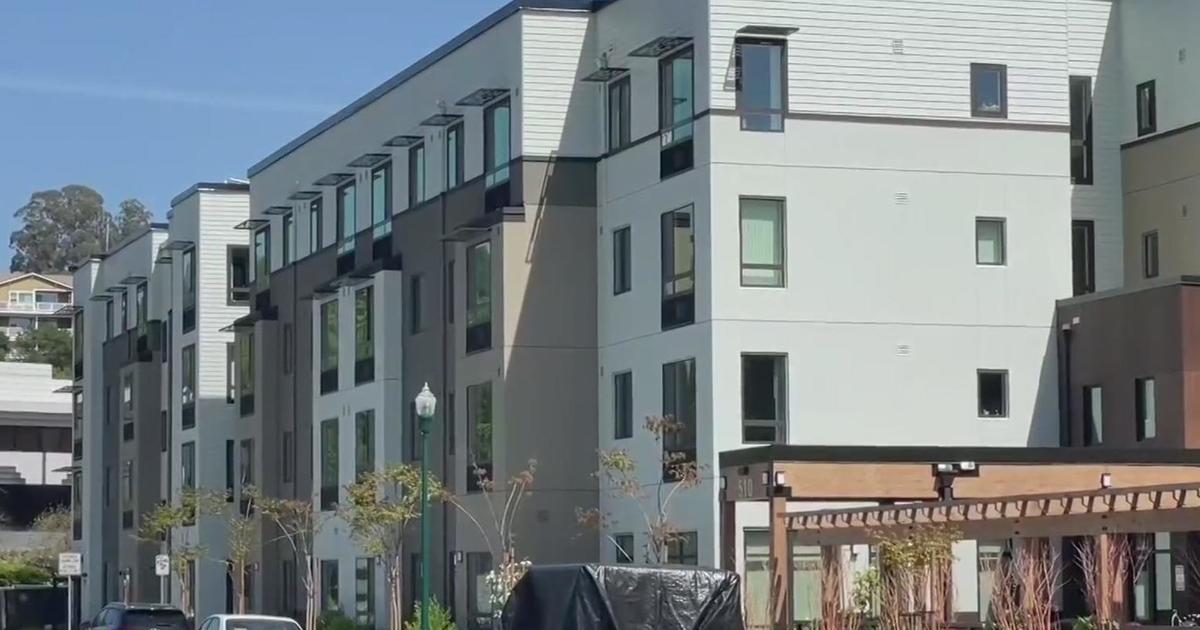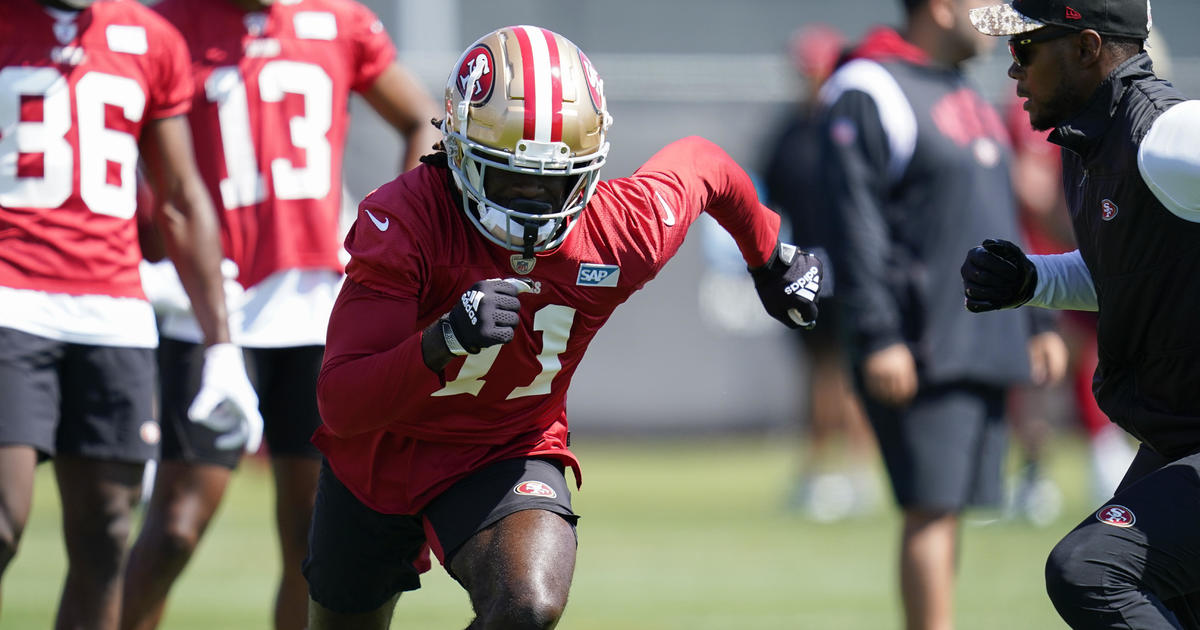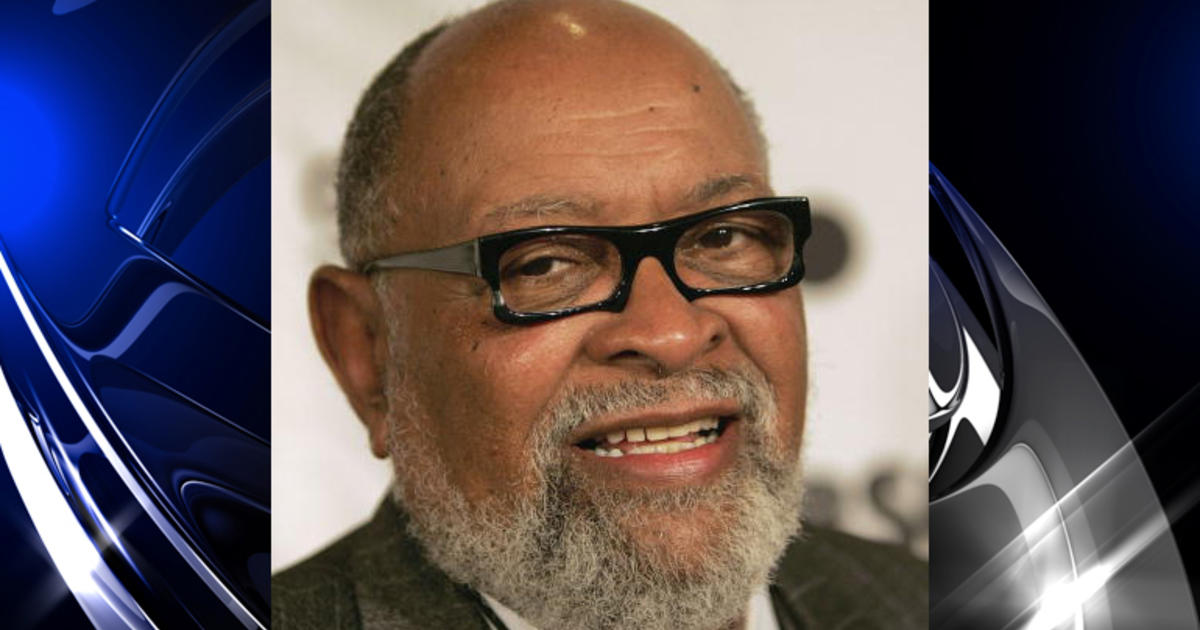Same-Sex Marriage Ruling Raises Ballot Measure Questions
SAN FRANCISCO (CBS/AP) — Same-sex couples will soon be able to marry again in California because the governor and attorney general refused to defend the will of voters.
That was the upshot of Wednesday's U.S. Supreme Court decision that cleared the way for gay marriage to resume in the state. The narrow ruling said private citizens couldn't defend the state's voter-approved ban on gay marriage known as Proposition 8, even after government officials refused to do so.
That legal technicality has left many wondering about future hot-button ballot measures passed by voters but undone in court when politicians refuse to fight for them.
When U.S. District Judge Vaughn Walker of San Francisco struck down the marriage ban in 2010, California's governor and attorney general refused to appeal the decision, saying they viewed Proposition 8 as violating the civil rights of gays.
The California Supreme Court later told the 9th U.S. Circuit Court of Appeals that state law allows private citizens to stand-in for elected officials to defend ballot measures, so the federal appeals court allowed Proposition 8 backers to argue for the marriage ban in a lawsuit filed by two gay couples.
The 9th Circuit then struck down Proposition 8. And when Gov. Jerry Brown and Attorney General Kamala Harris again refused to appeal, supporters of the ban appealed to the Supreme Court for its approval to defend the ban.
On Wednesday, Chief Justice John Roberts said the 9th Circuit was wrong to allow private citizens to defend a state law passed by voters, and the high court declined to rule on the merits of the appeal. That left the lower court's decision to strike down Proposition 8 in place, which means gay marriages could soon resume.
"We have never before upheld the standing of a private party to defend the constitutionality of a state statute when state officials have chosen not to," wrote Roberts, who was joined by Justices Antonin Scalia, Stephen Breyer, Elena Kagan and Ruth Bader Ginsburg. "We decline to do so for the first time here."
Harold Johnson, a lawyer with the Pacific Legal Foundation, which helped argue for Proposition 8 before the U.S. Supreme Court, called the ruling a major blow to California's initiative process.
"Whether one opposes or supports Proposition 8, it's disturbing that the U.S. Supreme Court has seriously undercut California's venerable institutions of direct democracy," Johnson said. "In essence, this ruling lets elected officials pull the plug on duly enacted initiatives simply by refusing to defend them against federal lawsuits."
Some legal scholars and others say California and other states with similar voter-backed ballot measures might have to tweak how such elections are regulated to ensure the results are properly represented in legal actions.
"It's an interesting and serious legal question," said California Lt. Gov. Gavin Newsom, who as San Francisco's mayor sparked the gay marriage debate in the state when he ordered same-sex marriages to be performed in 2004. "I'm obviously ecstatic with the outcome. But it is a legitimate legal question."
Newsom said he couldn't think of any other California ballot measure abandoned by state officials in the face of a legal challenge.
Rare as those cases may be, several legal scholars did suggest the appointment of a special counsel to defend legal challenges to ballot measures when no other government official steps forward.
"States need to consider adopting laws to defend ballot measures," said Erwin Chemerinsky, dean of the University of California, Irvine law school. Chemerinsky, who opposed the gay marriage ban, said he supported the Supreme Court's ruling because Proposition 8 sponsors could not show they suffered real harm as a result of the measure, a requisite to establish standing in court.
"They showed philosophical harm," Chemerinsky said. "But philosophical harm has never been enough to establish standing."
University of San Francisco law professor Julie Nice argued that no changes were necessary because government officials such as attorneys general make daily decisions on what areas of the law to pursue or ignore.
"It's a resource issue," Nice said. "These government officials have been given the discretion to make important decisions because they can't pursue everything."
Robert Tyler of the Advocates for Faith & Freedom, another organization that helped defend Proposition 8, said gay marriage proponents shouldn't embrace the ruling too warmly.
"While we recognize that certain members within our society think that justice has been served, they should consider how they will feel one day when their rightful vote is stripped of meaning on some future issue just because the ruling political party disagrees with the people's vote and chooses not to defend the law," Tyler said.
(Copyright 2013 CBS San Francisco. All rights reserved.)



